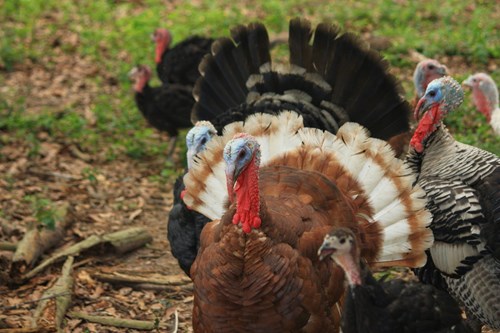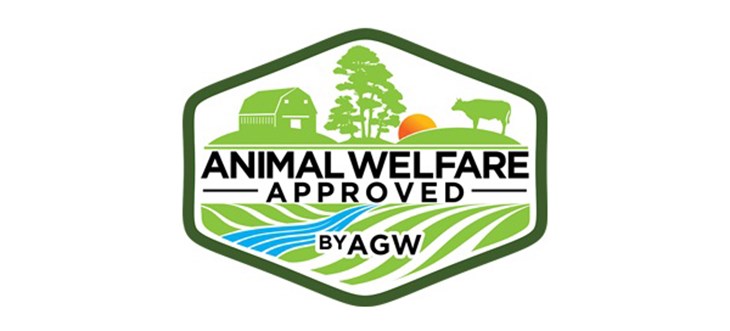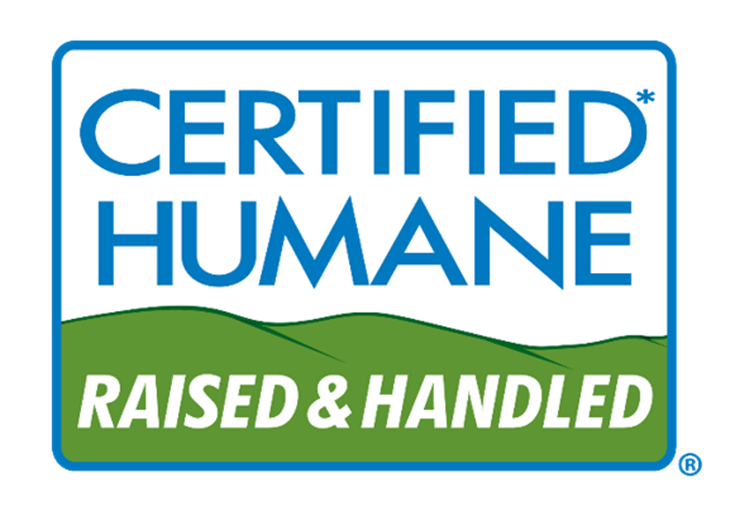11/21/2024
Thanksgiving is a time for warmth, togetherness, and gratitude. Many of us look forward to gathering with family and friends around the dinner table, sharing stories, laughter, and dishes passed down through generations. Care, appreciation, and generosity are at the heart of the holiday, making it a truly special time of year.

But as we plan our holiday gatherings, it’s worth reflecting on the source of one of the most iconic elements of the Thanksgiving feast: the turkey. For many of us, turkey holds a central place on the table. However, the reality of how most turkeys are raised in the United States stands in stark contrast to the warmth and kindness of the Thanksgiving spirit.
The Reality of Turkey Welfare in the U.S.
In the wild, turkeys are curious, social animals with complex behaviors. They form strong family bonds and engage in activities like foraging, dust bathing, playing, and roosting high in trees. Turkeys can recognize individual flock members and remember specific locations within their habitat. They thrive in dynamic, natural environments.
Unfortunately, most U.S. turkeys raised for meat are far removed from this life. The majority of the 230 million turkeys raised each year in the United States are confined to large-scale factory farms, where they are kept indoors in crowded, dimly lit, and windowless barns.
A typical commercial turkey barn can hold tens of thousands of birds. These turkeys lack the space and enrichment needed for natural behaviors, like foraging or even stretching their wings. This can lead to stress and frustration, triggering harmful pecking outbreaks. Beak trimming, a painful procedure done without pain relief, only blunts a turkey’s highly sensitive beak, addressing the symptoms rather than the underlying problem: poor living conditions on factory farms.

Additionally, today’s turkey breeds are selectively bred for rapid growth, reaching market weights up to 40 pounds in just a few short months. This rapid growth has a cost - turkeys often suffer from health problems, including lameness, joint pain, and cardiovascular issues, due to their unnaturally large bodies. Many turkeys experience painful lesions on their legs and feet from constant contact with wet, ammonia-rich litter.
The combination of overcrowded conditions, a lack of environmental stimulation, and a genetic focus on rapid growth creates a life that is far from the ideal Thanksgiving image of love, care, and appreciation.
The combination of overcrowded conditions, a lack of environmental stimulation, and a genetic focus on rapid growth creates a life that is far from the ideal Thanksgiving image of love, care, and appreciation.
How You Can Make a Difference This Thanksgiving

The good news is that, as consumers, we have the power to make choices that align with our values of kindness and gratitude. If we are mindful about the impact of our holiday food choices, we can contribute to better welfare for the animals that play a role in our celebrations. Here are three ways to make a difference this Thanksgiving:
1. Buy Pasture-Raised Turkeys from Local Farmers
One of the best ways to ensure high animal welfare is to purchase pasture-raised turkeys from local farmers. These turkeys are raised with access to outdoor spaces, allowing them to engage in natural behaviors like foraging and moving freely. Buying directly from local farmers also supports smaller-scale, more sustainable farming practices, and you can often ask the farmer directly about how the animals were raised.
2. Look for Meaningful Certifications and Labels
If buying directly from a farmer isn't an option, look for turkey products in stores that carry meaningful certifications. Some of the best welfare-focused certifications include:
- Animal Welfare Approved by A Greener World

- Global Animal Partnership (GAP) Step 3 and Above

- Certified Humane Free Range

These labels ensure that turkeys have been raised with higher welfare standards, providing them with better living conditions, more space, and access to the outdoors. Additionally, on-pack labels like USDA Organic, Pasture-Raised, and Free Range can indicate better practices than conventional, industrial systems, though it's not always clear what each label specifically requires, as definitions can vary.
3. Consider Plant-Based Alternatives
Another way to make a compassionate choice this Thanksgiving is to consider a plant-based alternative to turkey. Options have come a long way in recent years, and you can now find delicious and satisfying plant-based roasts that capture the flavors of a traditional Thanksgiving meal. Choosing a plant-based option can be a meaningful way to reduce your environmental impact and show compassion for these animals.
